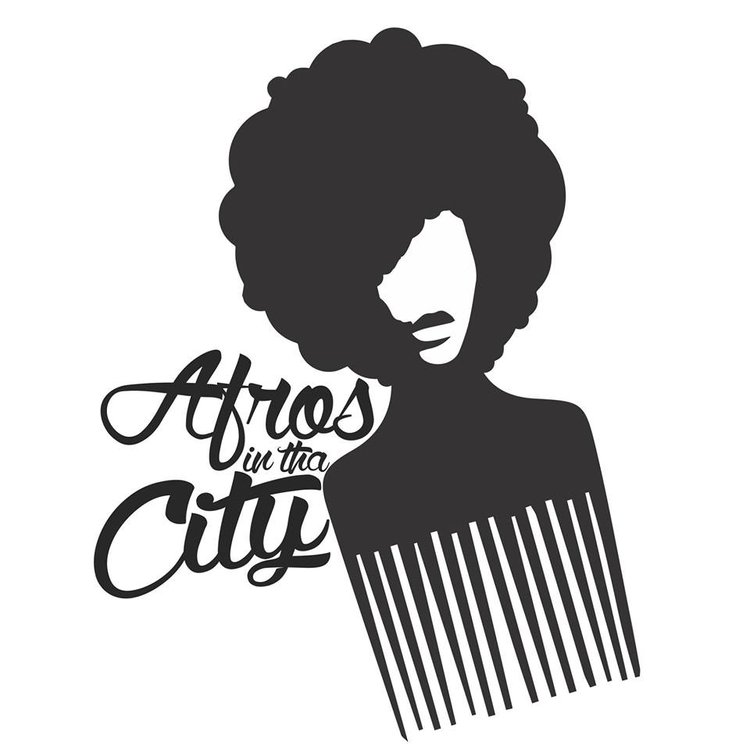This story was written by Chris Butler, Co-Deputy Editor of Afros in Tha City for The Rozsa Foundation . Butler is a poet and essayist who often writes on the intersection of Blackness in politics, pop culture, and sports.
Image credit: Elizabeth Stang
Whether we choose to interact with it or not, art often shows up throughout various moments in our lives, speaking truths and inviting engagement. For some, this invitation to engage with creativity turns into a call; a call to become an artist. Wakefield Brewster is a first generation Bajan-Canadian. You may have seen Brewster at various events in Calgary over the last few years. He is currently participating in Arts Commons’ inaugural TD Incubator program and in 2019, was the first Poet Laureate at The Grand. If you’re lucky, you may have also had the chance to experience Brewster through one of his Wakefield Wellness initiatives. But who was Wakefield before he became one of our city’s most creative and dynamic voices? What made him answer the call of the stage? Why poetry? These were questions I wanted to know, as a journalist, but also as a Black poet trying to pave my own path in Calgary.
Early Inspirations
Brewster was inspired to perform at an early age, six to be exact. This inspiration came from music, the church, and specifically, his desire to master the church organ. (The poet did not awaken until Brewster was 16.) Brewster was told very quickly by the church organist that if he wanted to play the instrument he must first master the piano. So what did Brewster do? At age 12, he immediately switched to piano. In general, when challenged, Brewster is not one to say “maybe not,” but rather “why not?” His mentality is to always try no matter the odds. Brewster has an older brother who is a classical guitarist. This gave him the confidence as a preteen to pursue a classical instrument of his own. He learned the piano along with the drums and dreamed of performing for thousands while traveling across Eastern Europe. “These were pretty odd dreams for a Black kid,” Brewster said. I laughed because I had been an intercollegiate rower, so I understood what it was like to be in a Black body in a historically white space.
Musical education + Early Days of Poetry
Brewester’s journey in music propelled him to The Royal Conservatory of Music (RCM) where he studied piano, as well as York University where he studied percussion. Both are in his hometown of Toronto. At RCM and York, Brewster felt he reached his “limit” regarding his music career. At this point, Brewster had been writing poetry, but had yet to perform or even share his work. However, he began to hear the call of poetry louder and louder until it launched him into the radical artistic transformation from musician to poet. He decided he would perform on a stage and invited as many friends as he could think of to watch his debut. What Brewster didn’t know was that this was not just a poetry reading, but a slam competition. It was here that Wakefield was baptized by poetic fire. He was out within the first round, wondering what he got himself into. While somewhat discouraged by this experience, Brewster only steered away from the stage for about four months. He was determined to become a better poet. But that wasn’t the only thing Brewster was fighting for; he was also fighting to overcome generational familial trauma.
Family struggles
Brewster grew up in an environment where he was surrounded by high functioning alcoholism. He saw this as normal, because it was his normal. “This was what my people did when they got together,” he said. As a kid, Brewster was allowed to have one drink at Christmas time, which soon became an occasion he would look forward to for that reason. Family incidents involving alcohol coupled with childhood trauma led Brewster to start drinking at an early age, and while at age 36 he recognized he had a battle ahead of him and sought change, he did not achieve his goal of wellness until age 44.
Finding Wellness
Through this eight year battle, Brewster began to slowly see that his poetry was subliminally about wellness. Subconsciously, he had been writing about his battle for years, and it was this art, this form of self expression, as well as the support of a wonderful partner named Shannon that helped him choose wellness. Brewster has been through many battles in his life, of which he has proven he will always prevail. Brewster champions mental wellness when teaching poetry to Calgary youth and adults; he champions wellness in his role as a registered massage therapist; but most of all, he champions wellness daily, as someone who has been sober for the last five years.
Final words
Brewster channels his musical education, life experience, and other artistic inspirations to deliver poetry in a unique and captivating way. “I put all of that musicianship into the performance aspect of poetry,” he says. “Then comes my love for hip-hop. Mix all of that into a pot, and you get what I believe to be creative and intelligent writing, accompanied by a dynamic performance.” After getting to know him more, I believe he is a writer who can ride through the haze, and write through the darkest times. Poetry has saved Brewster’s life (his words). He believes it drove him to get sober and stay sober; he believes it has transformed him as an artist, and has paved the way for him to become the best man and human being he can be.
This article is a part of an ongoing partnership between the Rozsa Foundation and Afros In Tha City in support of Rozsa Foundation's commitment to sharing diverse voices and stories of the Alberta arts community.

